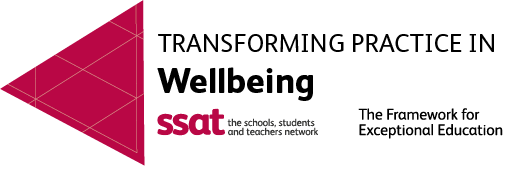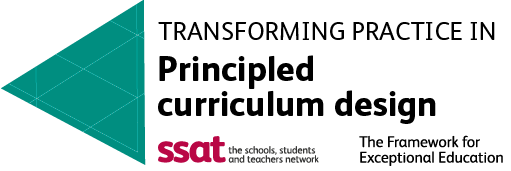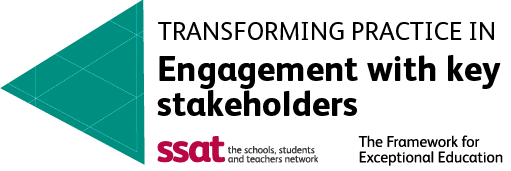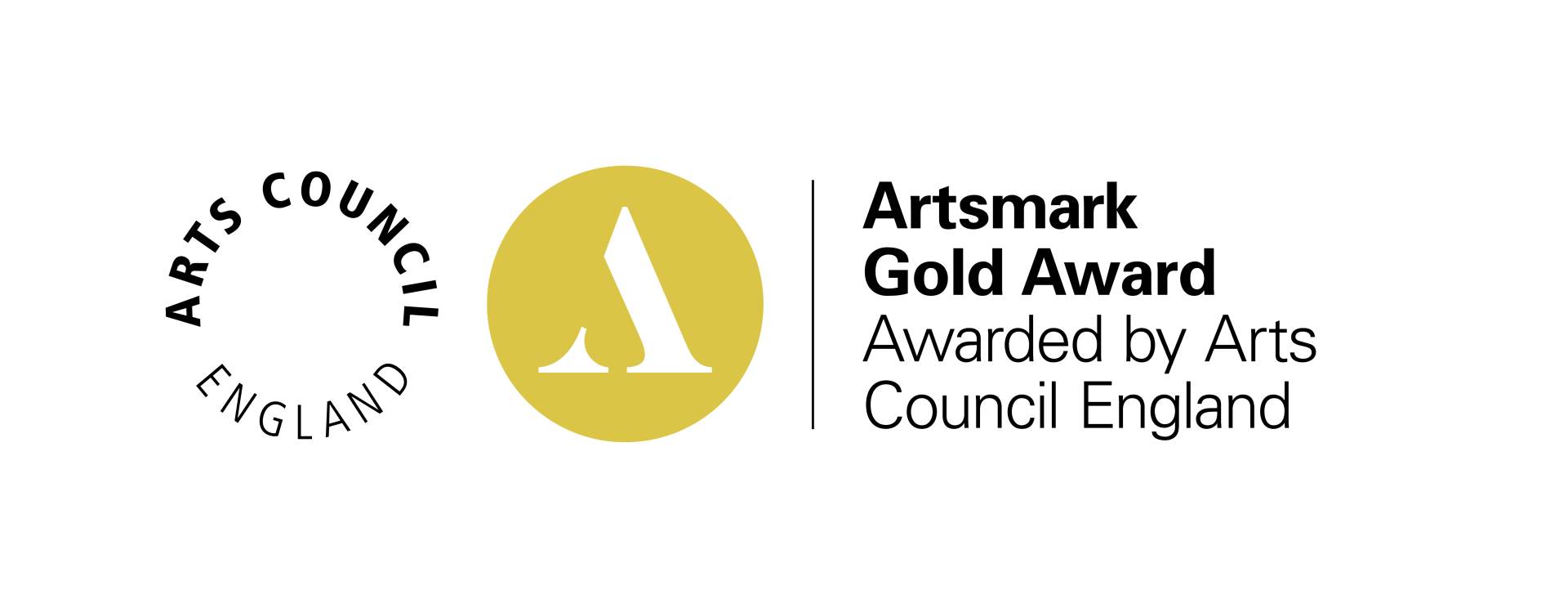Wellbeing & Mental Health
 How we support our students’ mental health
How we support our students’ mental health
Bingley Grammar School has always placed great emphasis on well-being and emotional stability. We know that in order for our children to thrive educationally, they need to feel physically safe and emotionally secure.
Research from Young Minds (2017) recognise that schools are very often the ‘first port of call’ for dealing with childhood mental health issues and that the prevalence of mental ill-health amongst children has grown. Other research from the World Health Organisation shows that 20% of adolescents may experience a mental health problem in any given year and 50% of mental health problems are established by the age of 14.
There can be barriers to accessing specialist mental health support for our young people such as time-delays from assessment to treatment, limited appointment capacity, high thresholds and even the students’ own anxieties that can make accepting support problematic.
Whilst we recognise that, although we are not a mental health provision, there is a lot we can do to support our students who are experiencing mental health difficulties
The aims of our mental health approach are to:
- Raise Awareness
- Reduce Stigma
- Prevention
- Early Intervention
- In School Support
- Signposting to other agencies
Raising Awareness
Some students who are experiencing low-level mental health difficulties may not be aware that the feelings they have are signs of mental health difficulties. By raising awareness of the signs of mental health conditions in school we encourage our young people to question if their emotions are within an expected range or would they benefit from support.
This is done using wall displays, assemblies, PHSCE lessons and supporting events such as Mental Health Awareness Week.
Reducing Stigma
There is still a stigma around mental health, but that stigma is reducing. When celebrities such as Stormzy, Prince Harry, Lady Gaga and Tyson Fury speak openly about their mental health struggles it makes it easier for our students to open up. Again the posters and displays around the school which are an everyday reminder that people do struggle with mental health, encouraging our students to seek help if they need it. Discussing mental health in Bingley Grammar is no longer a taboo subject and once our students know that there are members of staff who will be happy to listen, they can open up about their emotional difficulties.
Prevention
Every student has a form teacher, a Head of Year and a Assistant Head of Year who all understand of our students’ needs in relation to their mental health. Students will sometime have a connection with a particular teacher or member of the pastoral team who they feel comfortable opening up to.
Early Intervention
By combining awareness, reducing stigma and preventative measures we ensure that when the first signs of difficulties arise, our students receive the support they need to prevent a worsening of their problems.
This early intervention allows them to feel back in control and reduces any disruption to education. It further emphasises the need to seek help for future difficulties.
In School Support
A young person having a trusted adult to talk to is the most important step in preventing a low-level mental health issues developing into more serious problems. When a student has been identified as needing support, one of our pastoral team will work with them with regular 1:1 interventions. This level of support can be increased if needed.
Some students will receive regular mentoring support using Cognitive Behaviour Therapy (CBT) activities to help control thoughts, feeling and behaviours. This has been very successful in the past in helping our students regain emotional control through difficult spells they have encountered.
Signposting to other Agencies
As a school we are very proud of the support we offer our young people, but recognise that there are times that we need to engage the support of others to fully support our students.
These include:
- Early Help
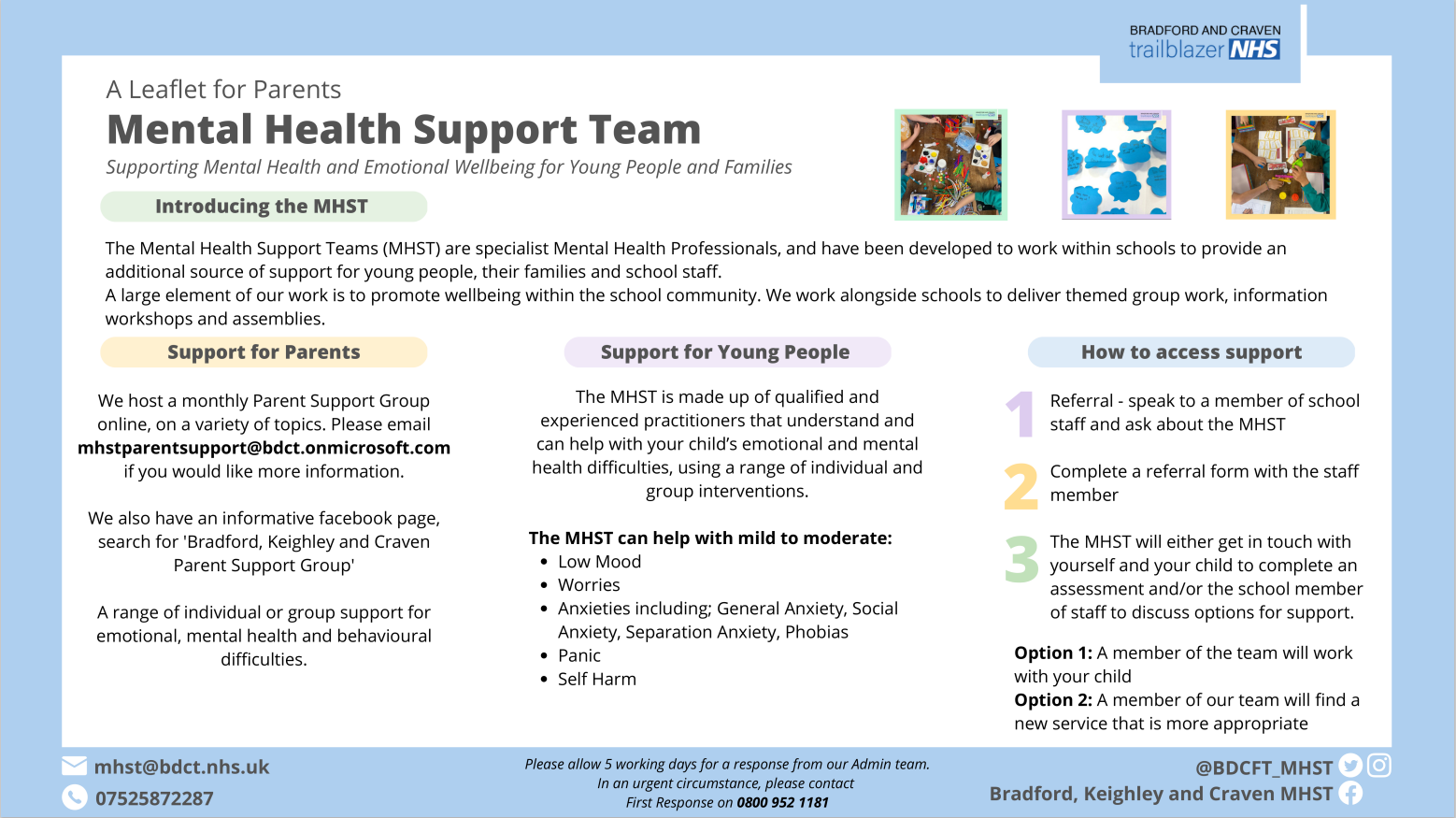
- Children Services
- CAMHS
- The Bridge Project
- Barnados
- The James Project
- WRAP Project
- Youth in Mind
To download and view this file please Click Here>>
Further resources you may find helpful are:
https://www.time-to-change.org.uk/coronavirus
Websites for information:
https://www.childrenscommissioner.gov.uk/publication/childrens-guide-to-coronavirus/
Websites for support:
https://www.childline.org.uk/get-support/1-2-1-counsellor-chat/
Phone numbers:
Samaritans: 116 123
Childline: 0800 1111
Police: 101 or 999 for emergencies



 Safeguarding
Information
Safeguarding
Information Arbor
Arbor
